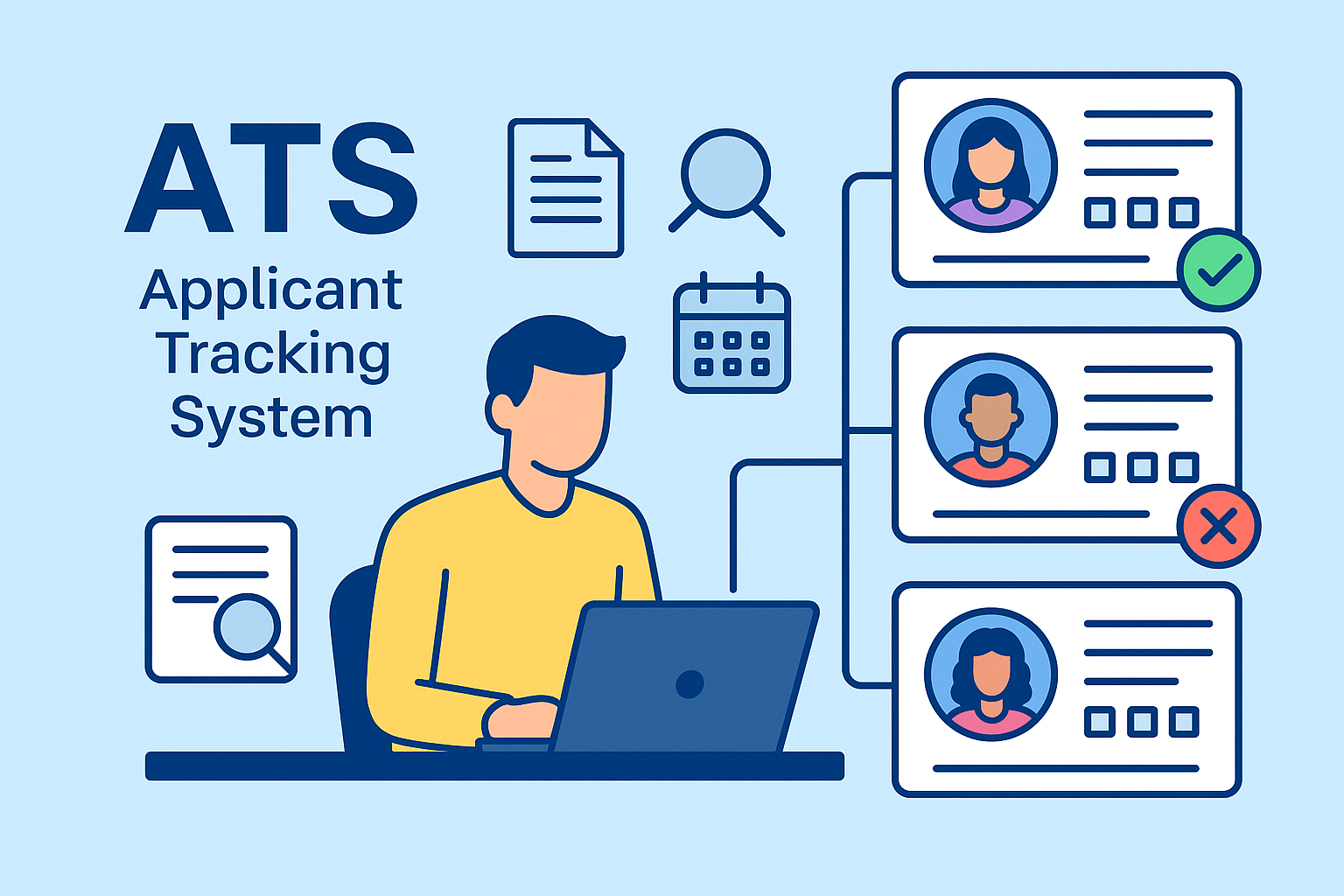Organizar informação sempre foi parte essencial do trabalho nas Humanidades. Em História da Arte, Arqueologia, Estudos da Cultura ou Patrimônio, lidamos diariamente com nomes, datas, lugares, técnicas, imagens, referências bibliográficas e documentos. E, à medida que avançamos, o volume de dados cresce — e cresce rápido.
Planilhas soltas, anotações avulsas ou a própria memória não dão conta de acompanhar a complexidade das nossas pesquisas. É aí que entram os bancos de dados — e o diálogo cada vez mais estreito entre o digital e as Humanidades.
Humanidades Digitais e o papel dos dados
As Humanidades Digitais não são uma moda passageira. São uma resposta crítica, criativa e comprometida com os desafios do mundo contemporâneo. Dentro delas, os bancos de dados se tornam ferramentas fundamentais para estruturar coleções, cruzar informações e preservar conhecimento cultural.
Eles não servem apenas para guardar dados: ajudam a contar histórias, revelar ausências, tornar visível o que antes era invisível e ampliar o acesso ao patrimônio.
Patrimônio Cultural Digital: o que estamos tentando preservar?
Vivemos um momento histórico em que grande parte do patrimônio cultural está migrando para o digital:
- acervos digitalizados,
- exposições virtuais,
- arquivos audiovisuais,
- publicações interativas,
- museus digitais,
- reconstruições 3D.
Preservar tudo isso exige muito mais do que armazenamento.
Exige estrutura, metadados, consistência, relações entre informações.
Ou seja: exige bancos de dados bem construídos — capazes de refletir diversidade cultural e sustentar diferentes sistemas de conhecimento.
Um banco de dados pode, por exemplo, organizar práticas tradicionais de comunidades indígenas, catalogar acervos esquecidos em depósitos institucionais, ou reconstruir trajetórias de artistas cujas obras se dispersaram em guerras e conflitos.
É literalmente uma ponte entre memória e futuro.
Mas… e o medo da tecnologia?
Durante muito tempo, as Humanidades cultivaram um certo receio da tecnologia:
medo de mecanização, medo de superficialidade, medo de “perder a alma”.
Hoje, esse medo custa caro.
Ao nos afastarmos dos espaços onde tecnologias são desenhadas, deixamos que outras áreas definam padrões que afetam educação, cultura, acessibilidade, preservação e memória.
Aprender a trabalhar com dados é, portanto, reconquistar agência.
É passar de objeto dos sistemas digitais para co-criadores dessas infraestruturas.
“Mas eu não tenho formação técnica…”
É aí que entra a proposta do curso Bancos de Dados para Humanistas:
durante três encontros intensivos, combinamos teoria, prática e ferramentas de IA para mostrar como qualquer pesquisador pode aprender a modelar dados e escrever consultas SQL.
A abordagem é simples: você descreve o que precisa em linguagem natural, e a IA ajuda a traduzir isso em estruturas funcionais — sempre com explicações claras, acompanhamento guiado e respeito ao método científico.
O que você vai aprender
- Estruturar dados de acordo com sua própria pesquisa
- Escrever consultas para cruzar e interpretar informações
- Conectar planilhas e criar relatórios dinâmicos
- Utilizar IA como aliada metodológica — com ética e criticidade
- Contribuir para preservação digital de forma consciente e competente
No fim das contas, trata-se de autonomia
Aprender bancos de dados não é apenas adquirir uma habilidade técnica.
É garantir que nossas pesquisas continuem profundas, rigorosas, acessíveis e, acima de tudo, nossas.
Se você trabalha com cultura, memória, arte, arquivos, coleções ou investigação histórica, aprender bancos de dados é mais do que uma opção.
É um gesto de preservação — e de futuro.






